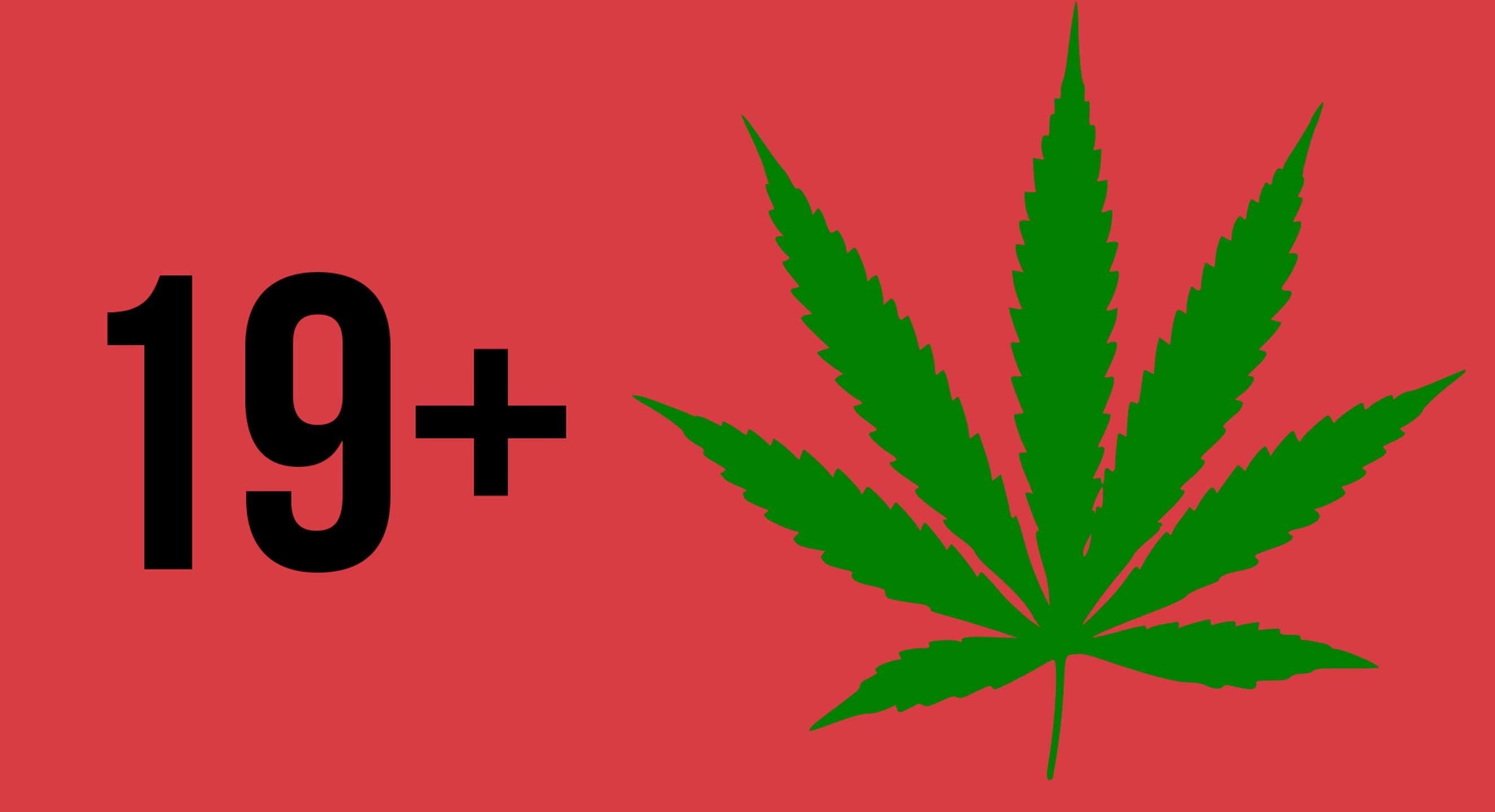Cannabis prohibition, initially constructed on the basis of racist stereotypes pseudo-scientific research, has demonstrably been one of the many stains on the North American judicial record. The hypocrisy of cannabis being illegal, while substances that pose a greater health threat have remained legal, has been one of the clearest arguments for legalization.
Now that cannabis is legal, we are faced with a new question: what is the proper age for cannabis use?
To keep, or even up, the age
By Kosalan Kathiramalanathan
Now before you go and call me a buzzkill, there is a careful balance that needs to be sought after when deciding the age. Raise it too high and it’ll help create a bigger opportunity for the black market to reach underage users. Make it too young and you run the risk of adverse health effects.
Plenty of studies have shown that cannabis can have a definite and sometimes permanent effect on the brain of young adults. The Scientific American has reported that numerous studies have shown that cannabis can have negative effect on memory and motor skills, while affecting brain development at the time of puberty. One study by the Psych Congress Network has shown that cannabis use over time may actually worsen depression, even though it might provide a short term benefit. Another study conducted by PubMed Central has shown that heavy cannabis use can actually even affect the integrity of the brain tissue, causing it to degrade over time.
It’s because of these reasons that the Ottawa Board of Health has recommended that the minimum age limit for cannabis consumption should be 25, roughly the time when the brain is fully developed, limiting the potential for long term damage. On top of the damaging effects on young minds, there’s also the consideration of how smoking cannabis, one of the most common ways of consuming the drug, will affect the lungs. A report done by the American Lung Association has shown that many of the carcinogens found in cigarettes are present in cannabis and can lead to chronic bronchitis.
With all that in mind, 19 appears to strike the best balance, since it matches the legal age to purchase tobacco or alcohol.
To lower the age
By Eli Savage
While federal cannabis legislation sets the minimum age at 18, the provincial legislature—which maintains the right to regulate possession and distribution—has matched the cannabis legal age to that of alcohol and tobacco. The reasoning behind their decision is partially based off of a Ontario survey where 86 per cent of respondents agreed with the legal age of 19, but also coincides with comments given by finance minister, Vic Fedeli, who said, “[their] sole goal will be to provide public safety for children, keeping the stores away from school and eliminating the organized crime activity.”
But there should also be a second, currently unrecognized, goal: to minimize the health impacts of drug use as a whole by incentivizing the use of less harmful substances.
Ontario’s current public policy fails to represent the overtly present differences in danger between tobacco, alcohol, and cannabis. According to the Simcoe Muskoka District Health Unit, more than 37,000 Canadians die each year because of smoking tobacco, while alcohol is responsible for 1.9 per cent of all deaths in Canada, according to a 2017 report from the Canadian Centre on Substance Use and Addiction. Cannabis, while not totally harmless, cannot not cause death due to overdose. Meaning there’s simply no way that smoking a joint requires the same degree of responsibility as buying a mickey, especially when it’s safer to drive high than drunk, according to a 2015 report from the National Highway Traffic Safety Administration.
When surveyed in 2017 by the Canadian Tobacco, Alcohol and Drugs Survey , 41 per cent of Canadians aged 16-19 also admitted to using cannabis in the past 12 months. While cannabis legalization in the U.S has been shown to barely reduce underage use, the provincial government should consider how best to guide the behaviours of those already violating the law, while finding ways to minimize the preexisting black market. By further decriminalization cannabis, there will also be fewer interactions between law enforcement and communities of colour, who continue to be disproportionately targeted by the war on drugs.
While there’s no doubt that all drug use has inherent risk, Ontario is in a particular position to direct the formative behaviours of young adults toward the safest available substance by lowering the legal cannabis age to 18.













Leave a Reply